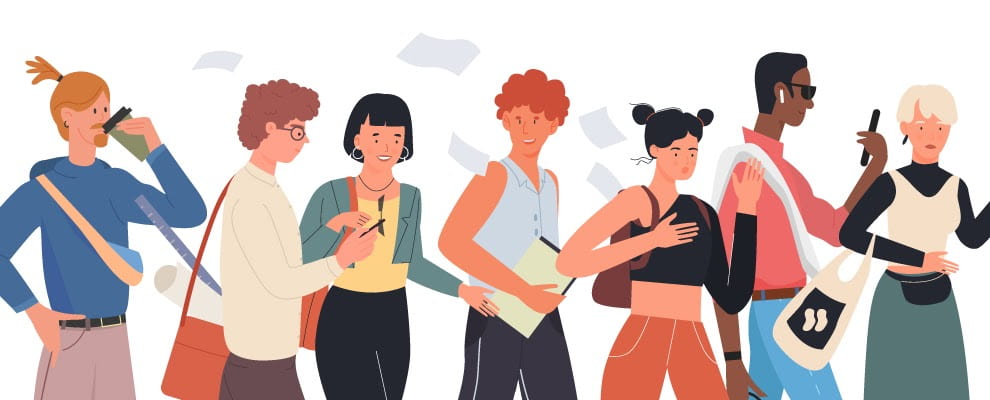Surprising Facts About Therapy Groups

Students often face significant challenges at university, including difficult emotions and concerns with adjustment, relationships, and academics. Human beings are naturally social creatures.
So when it comes to figuring out what helps us make beneficial changes in our lives, other humans can hold an important key to reaching our goals.
Group therapy is often the best support option, as it can be more effective than individual counseling.
Therapy groups are facilitated by a licensed therapist, and they provide a safe place to process challenges, learn skills, and build a community. Students typically feel less alone and more connected with others. All therapy groups and workshops are confidential with USC Student Health, and all fees are included in the USC Student Health Fee.